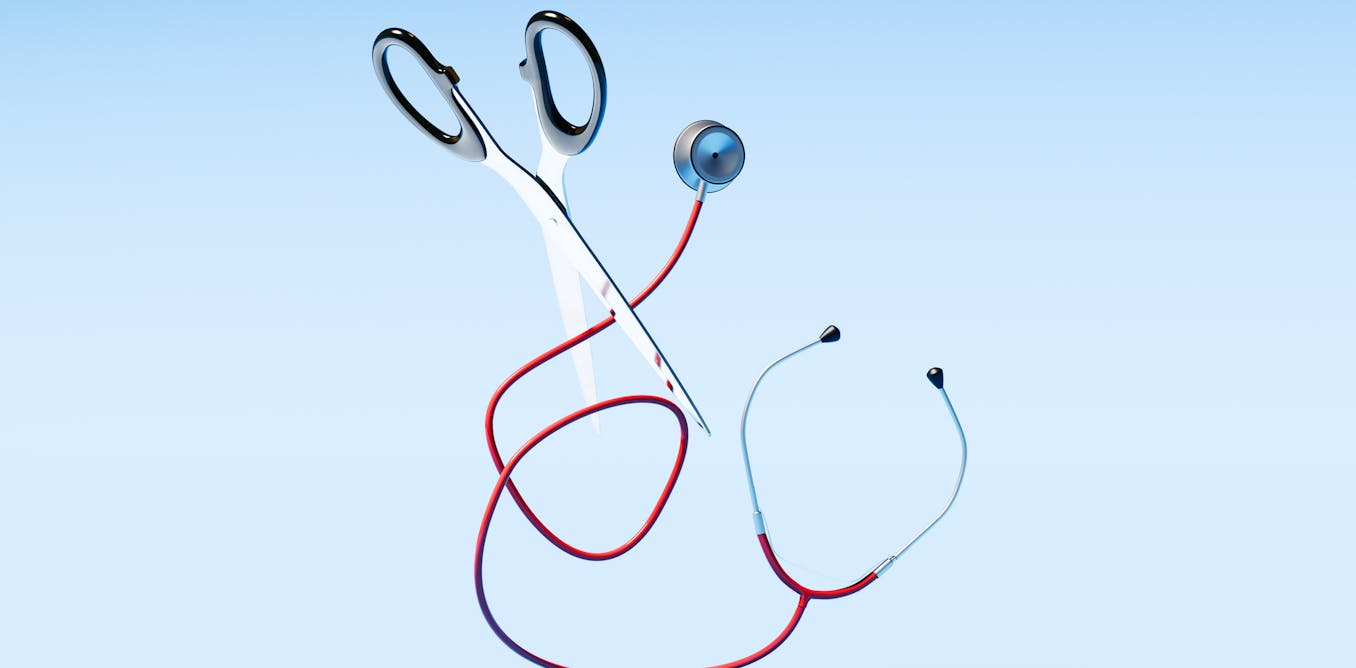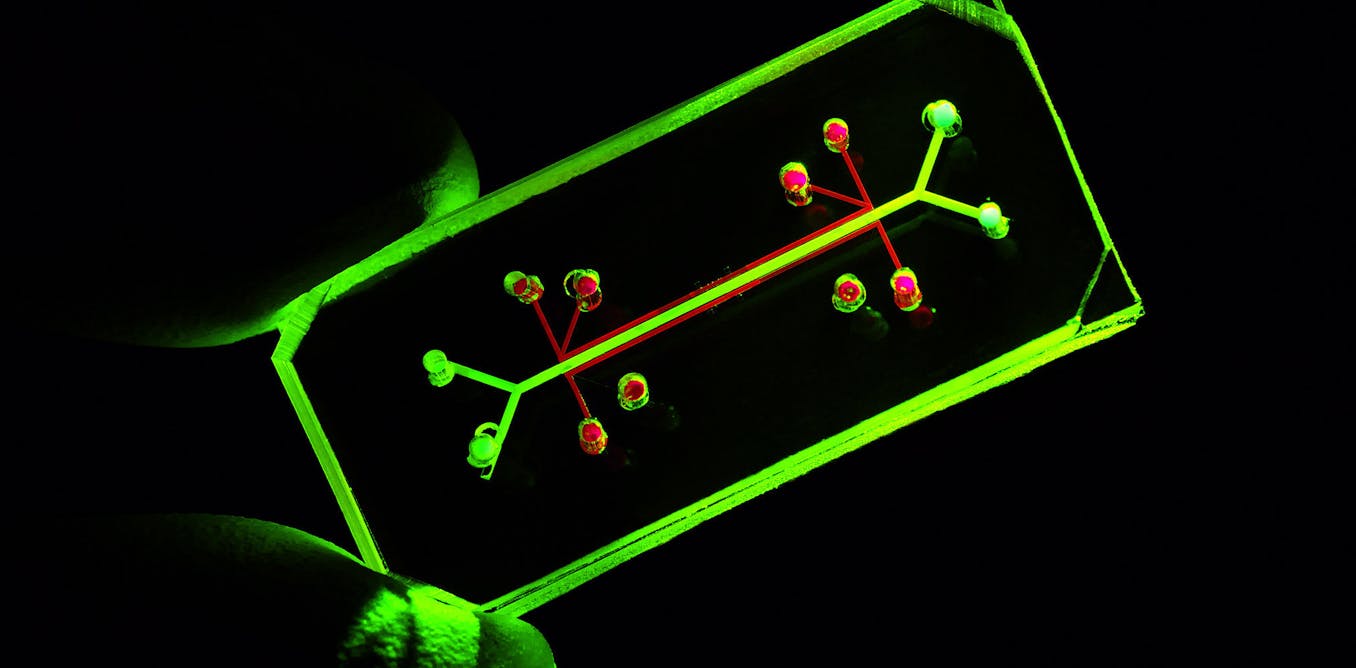Science requires ethical oversight – without federal dollars, society’s health and safety are at risk
There are several steps between research on seemingly esoteric subjects and breakthrough medical treatments. Ethical oversight at every stage ensures science and society ultimately benefit.
May 9, 2025 • ~12 min






